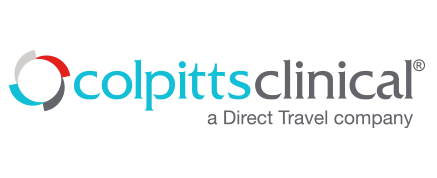Outsourcing Clinical Trials to CROs: A Trend or Here to Stay?
Many times the term “outsourcing” invokes a negative response, but at the Fierce Biotech 2017 conference hosted this year in Boston, outsourcing was a key topic of positive conversations. One of the main takeaways was that when it’s done thoughtfully, a sponsor company outsourcing clinical trials to CROs can provide beneficial access to therapeutic and clinical trial expertise. Essentially, everyone benefits from having the most knowledgeable people at the table, especially patients.
One conference presentation given by Seqirus’ Senior Director of Clinical Development Operations Karen Gardner identified several key selection criteria to look at when sourcing a new CRO: quality, experience, capabilities, relationship, regulatory inspection history, cost, CRO size, geographic location, work of mouth/reputation, previous working relationship, and the specific strengths of niche providers.
According to the American Pharmaceutical Review, “Rising costs and falling productivity, among other trends, are driving industry companies to outsource an increasing range of functions to CROs to achieve cost savings. In addition to providing substantial global capacity to drug developers, CROs have become a critical contributor to clinical trial programs. According to a 2016 report by Research and Markets, clinical trials conducted by CROs are completed up to 30% more quickly than those conducted in-house by pharma companies. That, of course, translates into a considerable cost savings and likely a faster market launch.”
The right CRO for your trial will also provide access to industry experts with extensive knowledge in selecting the best global sites within the requirements set by the sponsor company. So, maybe outsourcing is not a trend at all, but more of a best practice.



